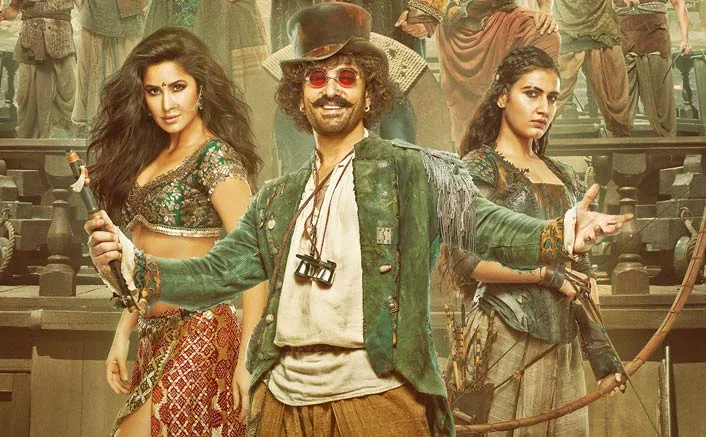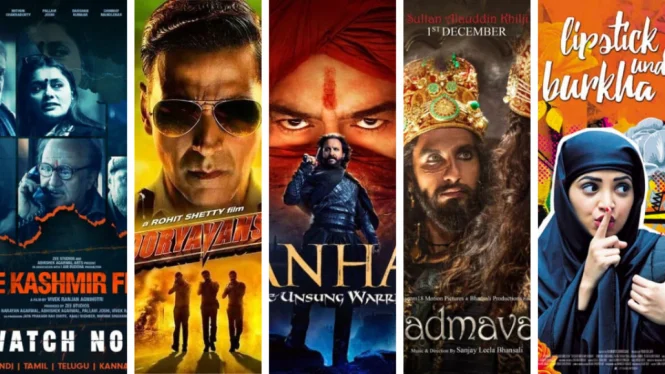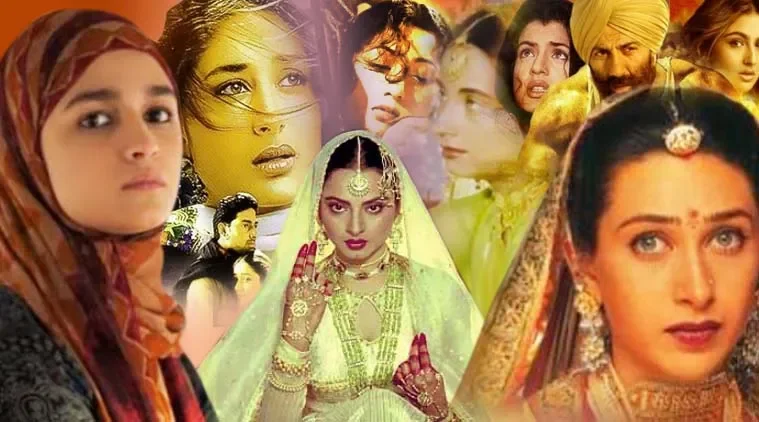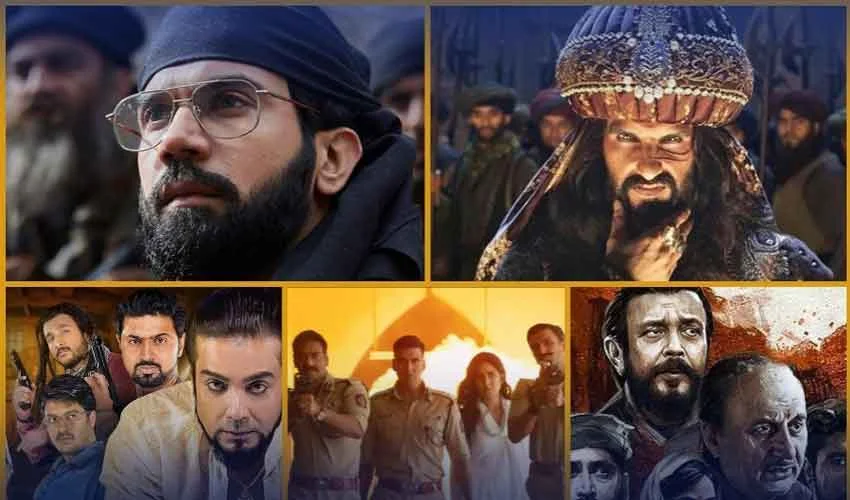Bollywood has played a significant role in perpetuating Islamophobic narratives, especially when it comes to the portrayal of Muslim women. Whether through objectification, victimization, or portraying them as terrorists, Bollywood continuously distorts the image of Muslim women.
Afghan Jalebi and Beyond
In Phantom (2015), Afghan Jalebi features Katrina Kaif as an “Afghan woman” reduced to an exotic, hypersexualized figure. This portrayal turns a Muslim woman into an object for male consumption. Mashallah from Ek Tha Tiger (2012) also presents Muslim women in veils in a hypersexualized context.
Bollywood’s repeated depiction of Muslim women in “item numbers” like these reinforces harmful stereotypes that reduce them to mere sexual objects. It portrays Muslim women as submissive and exotic, feeding into a deeply troubling narrative that erases their complexity and agency.


The Terrorist Stereotype: Women Caught in Violence
Bollywood also frequently portrays Muslim women as terrorists or accomplices to violence. In Kurbaan (2009), Kareena Kapoor plays a Muslim woman married to a terrorist, & in Raazi (2018) in which Aliya Butt was Muslim terrorist, and the movie suggests that she is complicit in terrorism by association.
Muslim women in Bollywood are often depicted as being trapped in violent ideologies or coerced into supporting terrorist activities. This furthers the Islamophobic trope that Muslim women are either oppressed victims or dangerous threats to society.
Muslim Men and Mujra: A Stereotype of Moral Decay
Bollywood doesn’t stop at misrepresenting Muslim women—it also shows Muslim men, especially those with beards, as morally corrupt and hypocritical. In movies like Ishaqzaade (2012), bearded Muslim men are shown enjoying obscene Mujra performances, reinforcing the stereotype of Muslim men being backward and hypocritical in their religious values.
These depictions create a damaging narrative that Muslim men are both sexually repressed and secretly indulgent in immoral practices, painting a picture of hypocrisy that tarnishes the image of Muslim communities.
Also See: The Kashmir Files – Bollywood & Islamophobia Series
Belly Dancing and Objectification: A Bollywood Favorite
In Thugs of Hindostan (2018), Katrina Kaif performs Suraiyya, a belly dance number for a predominantly Muslim crowd, once again reinforcing the idea that Muslim women are to be objectified for entertainment. Similarly, Khuda Gawah (1992) presents Afghan women performing Mujra, indulging the audience’s gaze.
These repetitive portrayals of Muslim women as belly dancers or objects of desire feed into Orientalist stereotypes, reducing diverse cultures into caricatures of sexual temptation and decadence.


Cultural Misrepresentation: Dilbar and Jumme Ki Raat
In Satyameva Jayate (2018), Dilbar features belly dancing once again, using Muslim attire and symbols as mere props for entertainment. In Kick (2014), the song Jumme Ki Raat distorts the concept of “Jumma” (Friday prayers) with inappropriate, sexualized imagery.
Bollywood’s appropriation of sacred Muslim cultural symbols and religious traditions for vulgar entertainment is a direct insult to the Muslim community. It turns Islamic practices into entertainment for mass consumption, trivializing deeply held beliefs.
Muslim Women as Victims of Oppression
Another common trope in Bollywood depicts Muslim women as oppressed by their own religion. In Gunday (2014), Priyanka Chopra’s character constantly struggles with her religious identity, reinforcing the narrative that Islam inherently oppresses women and propagating Islamophobic narratives.
This portrayal feeds into Islamophobic ideas that Muslim women can only find liberation by stepping outside their religious and cultural identities. It simplifies and distorts the reality of Muslim women’s experiences, erasing their autonomy.
Bollywood’s Role in Spreading Islamophobia
From hypersexualizing Muslim women to showing them as terrorists or oppressed victims, Bollywood has played a significant role in reinforcing Islamophobic narratives. Muslim women deserve representation that is accurate, diverse, and free from harmful stereotypes.

PAYF Insights are social media threads by various authors, reproduced here for wider consumption.



